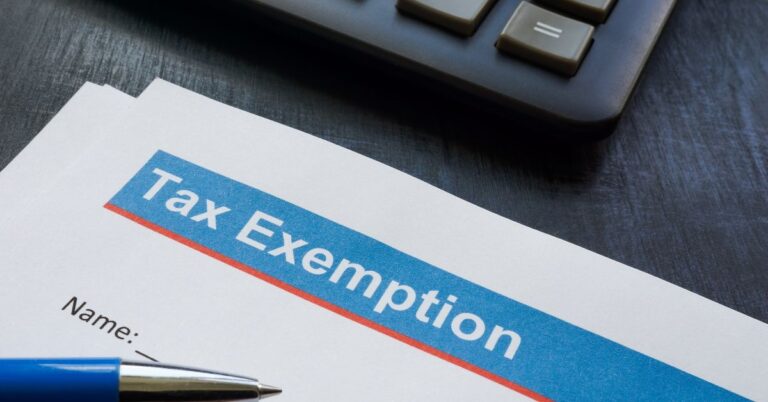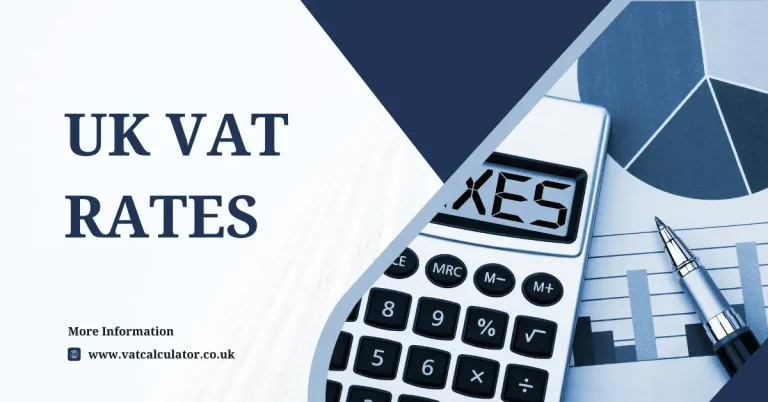What Happens if You Don’t Register for VAT in Time?
Not registering for VAT on time results in financial penalties and backdated tax bills. HMRC charges penalty fees, demands all unpaid VAT from your threshold crossing date, plus daily interest charges.
What Are the Immediate Financial Consequences?
You must pay all VAT owed from your original crossing date, regardless of customer collections. HMRC expects full VAT payment on sales made since exceeding the £90,000 threshold, even when you never charged customers VAT.
Late registration penalties range from 5% to 15% of total VAT owed. The penalty percentage increases based on delay duration:
| Delay Period | Penalty Rate |
| Under 9 months | 5% of VAT due |
| 9-18 months | 10% of VAT due |
| Over 18 months | 15% of VAT due |
Daily interest charges accrue on all outstanding amounts. Interest runs from your original registration date until full payment at Bank of England base rate plus 2.5%.
How Much Do Late Registration Penalties Actually Cost?
A business with £100,000 sales owing £16,667 in VAT faces £833 in penalties plus interest charges. This calculation assumes 6-month delay resulting in 5% penalty rate.
Minimum penalty stands at £50 regardless of VAT amount owed. Small businesses exceeding the threshold by minimal amounts still pay this base penalty.
Combined costs often exceed £15,000 for typical late registration cases. This includes backdated VAT, penalties, interest, and professional fees for resolution.
When Must You Register for VAT?
UK businesses must register within 30 days of exceeding £90,000 taxable turnover in any 12-month period. The threshold increased from £85,000 in April 2024.
Registration triggers on rolling 12-month periods, not accounting years. Monthly sales tracking prevents unexpected threshold crossings during seasonal peaks.
Future contract obligations require immediate registration. Businesses expecting to exceed £90,000 within 30 days must register before completing those sales.
What Happens During the Registration Process?
Late registrants must file backdated VAT returns covering all missed periods. Returns include all sales from the original threshold crossing date forward.
Businesses face customer relationship challenges when requesting retrospective VAT payments. Many companies absorb these costs rather than billing customers months later.
Cash flow problems intensify as businesses pay unexpected tax bills while adjusting to ongoing VAT obligations. This dual financial pressure strains small business operations.
Which Excuses Does HMRC Accept for Late Registration?
HMRC accepts reasonable excuses including serious illness, family bereavement, or genuine supply liability doubts. Documentation proves circumstances beyond business control.
Valid reasonable excuses include:
- Serious illness of business owner or immediate family
- Death of close relative during registration period
HMRC rejects common excuses like being too busy, not understanding rules, or good faith mistakes. Financial inability to pay VAT never qualifies as reasonable excuse.
How Do You Fix Late VAT Registration?
Contact HMRC immediately upon discovering late registration requirements. Voluntary disclosure demonstrates cooperation and may reduce penalty severity.
Register online through Government Gateway or hire professional assistance. Provide accurate threshold crossing dates – false information increases penalties.
Gather comprehensive sales records from your threshold crossing date. Include invoices, receipts, bank statements, and purchase documentation for VAT reclaim calculations.
Consider Liable No Longer Liable (LNLL) status if turnover dropped below deregistration threshold. This limits VAT liability to periods when turnover exceeded registration requirements.
Can You Appeal VAT Registration Penalties?
Appeals must be submitted within 30 days of penalty notice receipt. Late appeals face automatic rejection unless exceptional circumstances apply.
Successful appeals require reasonable excuse evidence or HMRC calculation errors. Professional tax advisors improve appeal success rates through proper case presentation.
Mitigation reduces penalties even without reasonable excuse qualification. HMRC considers circumstances that fall short of reasonable excuse but warrant penalty reduction.
How Do You Prevent Future VAT Registration Problems?
Monitor monthly sales totals against rolling 12-month thresholds. Simple spreadsheets track turnover progression and highlight approaching registration requirements.
Set threshold alerts at £80,000 to allow registration preparation time. Early planning prevents rushed applications and ensures smooth VAT transition.
Understand excluded sales categories to avoid unnecessary registration panic. Sales outside the UK, VAT-exempt supplies, and out-of-scope transactions don’t count toward thresholds.
What Are the Current VAT Registration Rules?
The VAT threshold stands at £90,000 for 2025 following April 2024 increases. This change removed approximately 28,000 micro-businesses from VAT requirements.
Rolling 12-month calculations use any consecutive 12-month period, not calendar or tax years. Businesses must check monthly totals against previous year figures.
Combined business turnover determines registration requirements when acquiring existing operations. New acquisitions aggregate with existing business sales for threshold calculations.
How Much Does Professional VAT Help Cost?
Accountant fees range from £300-800 annually compared to potential £15,000+ penalty costs. Professional services include registration, return filing, and HMRC correspondence management.
VAT specialists handle registration applications, ongoing compliance, and dispute resolution. Their HMRC relationship experience improves penalty appeal outcomes.
What Changes Affect VAT Registration in 2025?
New penalty systems from January 2023 apply point-based charges for late return submissions. Businesses receive £200 penalties after accumulating threshold penalty points.
Making Tax Digital software requirements apply to all VAT-registered businesses. Compatible accounting systems must handle return preparation and submission.
Late payment interest rates increased to Bank of England base rate plus 4% from April 2025. This represents significant cost increases for delayed VAT payments.
Common Registration Mistakes to Avoid
Businesses wrongly calculate thresholds on profit rather than total taxable turnover. VAT registration considers all income before expense deductions.
Seasonal trading spikes catch businesses unprepared for registration requirements. Christmas sales, summer bookings, and large contracts create unexpected threshold crossings.
Multiple income streams require combined threshold calculations. Consulting fees, product sales, and service charges aggregate for registration determination.
What Support Resources Are Available?
HMRC’s VAT helpline provides specific guidance on registration requirements and penalty disputes. Direct contact improves resolution outcomes compared to written correspondence.
Government VAT Registration Estimator tools determine registration obligations based on business circumstances. Online calculators prevent registration timing errors.
Professional accounting networks share VAT compliance experiences and best practices. Local business groups provide practical guidance from similar operators.
Final Thoughts
Late VAT registration creates expensive financial consequences that damage business cash flow and profitability. Combined penalties, backdated tax bills, and interest charges often exceed £15,000 for typical cases.
Prevention costs less than correction. Monthly sales monitoring, early registration around £80,000 turnover, and professional guidance prevent costly mistakes.
Businesses discovering late registration obligations should act immediately, maintain honest HMRC communication, and consider professional representation. Quick action minimizes financial damage and speeds resolution.
VAT compliance becomes routine once proper systems operate. The significant costs come from delayed action and inadequate preparation. Monitor your sales figures monthly and register early to avoid these expensive problems.Use our VAT calculator for accurate calculations and check our guides on VAT registration processes and current VAT rates for complete compliance information.





